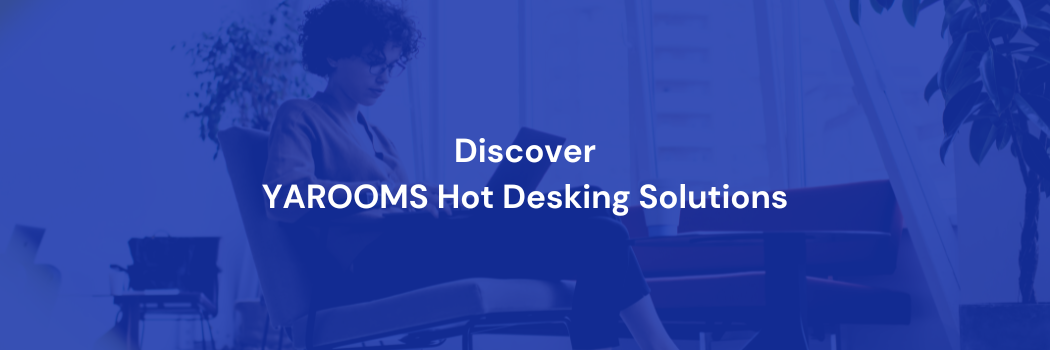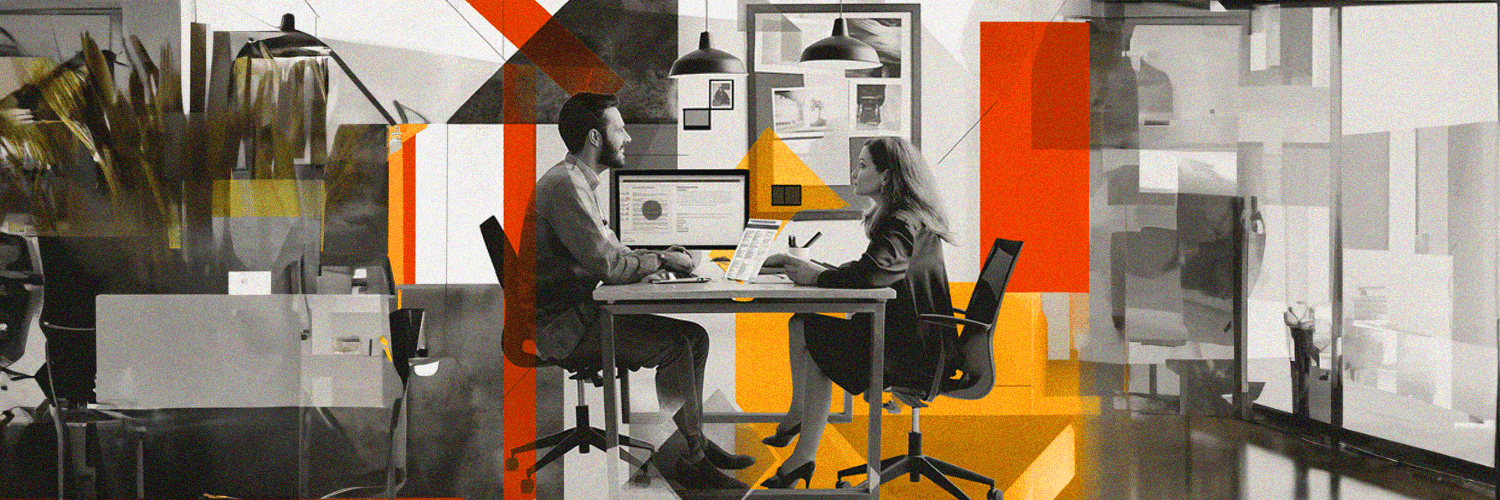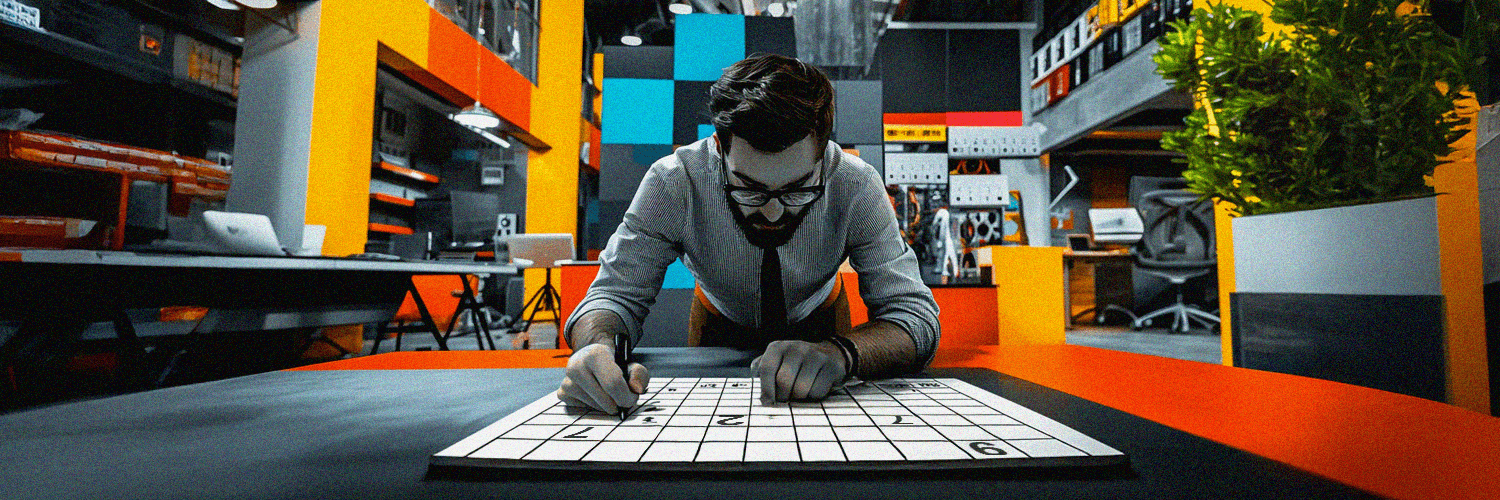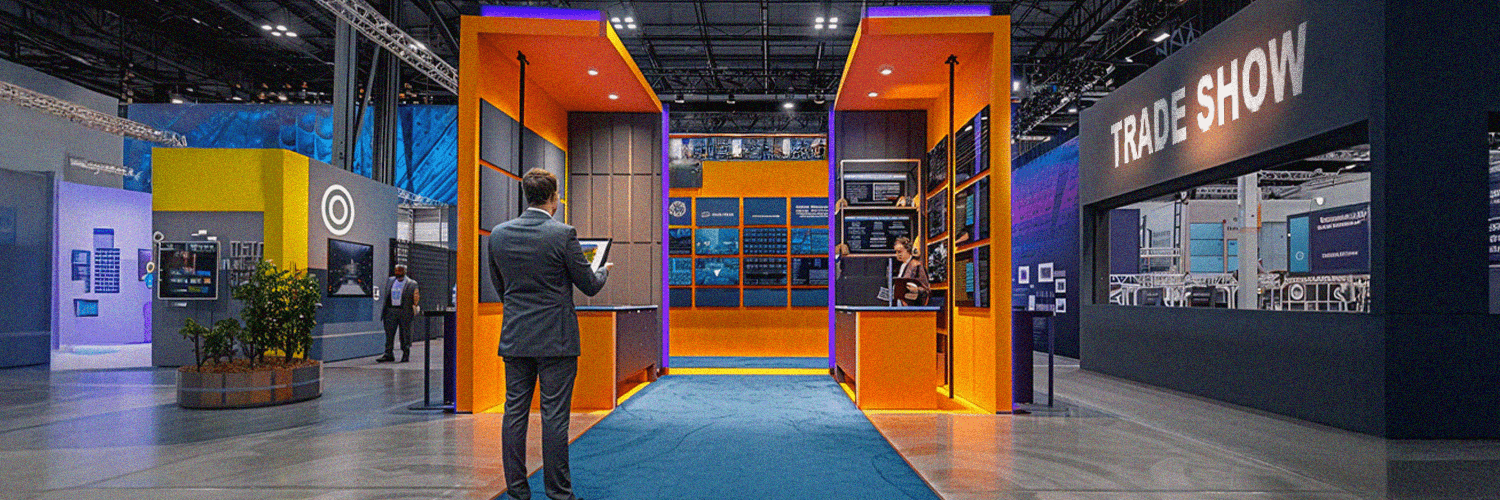People used to believe that absolute routine and sameness were the best way to achieve success in life. Sure, establishing a regular routine and sticking to it can help you stay organized and productive. But there's a flipside to this coin too: studies have found that shaking up your routine and trying something new can also be beneficial.
Desk management is one seemingly small, yet efficient way to "shake things up" for hybrid employees -- and that's not even by far the only benefit it can bring into your hybrid office. In fact, over the past couple of years, desk management has grown to be an essential element in pretty much every solid flexible workspace.
How to follow in the footsteps of the flexi-work pioneers? How to build a desk management strategy that works?
We're diving deep into this topic, below. Read on and find out more.
Jump to:
Desk Management: A Brief Overview
Why Do You Need a Desk Management Strategy?
Factors to Consider When Building A Desk Management Strategy
Desk Management in the Hybrid Work Environment
Desk Management and Downsizing
Desk Management and Employee Experience
Desk Management Solutions: What to Look For?
Advantages of Desk Management Solutions
TL;DR:
- Desk management can be defined as the process of managing desks in a workspace and is especially important in flexible workspaces using hot desking where both employees and HRs/Facility Managers need to know who sits where and when.
- Desk management can help make sure that employees have a designated spot for when they're in the office, the office isn't overcrowded, and employees have access to clean, comfortable workspace but don't need an assigned desk all the time.
- Desk management eliminates all the fussing around and awkward situations, freeing up time for more productive talks and collaboration, which in turn boosts productivity.
- In hybrid work environments, desk management is essential as it helps manage who gets which desk when, who should come in and when, and how available space can be used differently to accommodate a changing workforce.
- Desk management can also help in downsizing by finding the sweet spot in which everyone is happy and cutting costs associated with office rent, electricity, and other fixed costs.
Desk Management: A Brief Overview
Essentially, desk management can be defined as the process of managing desks in a workspace. This is especially important in flexible workspaces using hot desking where both employees and HRs/ Facility Managers need to know who sits where and when.
To do this and make sure nobody gets lost in a spreadsheet, you need to build a system that allows everyone to book their own place a given number of days in advance. This helps you make sure your office isn't overcrowded and that all employees have a designated spot for when they're in the office.
Nothing fancy, for sure. Desk management isn't rocket science -- but it can definitely become a pain in the neck when you have to juggle a ton of moving parts. Like, for example, people coming into the office last minute because their home internet connection went down. Or people coming into the office only to notice the desk they thought they booked is already taken. Or just people sitting uncomfortably on whatever chairs you've got free, trying to balance a busy schedule and a laptop on their knees.
These all sound like pretty horrifying scenarios for any HR, Facility Manager, or Team Lead.
%20(1)-1.png?width=928&height=523&name=Blog%20post%20photos%202%20(18)%20(1)-1.png)
Why Do You Need a Desk Management Strategy?
Chaotic scenarios described above don't convince you? Here's a quick run-down on some of the most important reasons to have (and implement) a proper desk management strategy:
People Want Remote Work
Up to 92% of all workers in the US are remote, at least one day per week. And they like it too, as 40% of them say they've actually been more productive working at home. Eek, we guess that's pretty bad news for companies who insist on bringing everyone into the office, all the time, because "company culture is dying". Right?
Right.
...But Not Just All the Time
Clearly, people love the comfort of working from home (or the beach, or Santa's house in Lapland, or...).
It's just that they don't want to work remotely all the time. And even when they do, chances are that you will still have to call them in at least sporadically (like, for example, for very important meetings).
It Makes Cutting Costs a Little Easier
Everyone's talking about cost cutting these days, but few are mentioning ways to do it in a way that works for both the management and their employees. Desk management can actually help you find the sweet spot in which everyone is happy -- e.g., when your employees have access to clean, comfortable workspace but don't need an assigned desk all the time, you can lower the costs associated with office rent, electricity, and other fixed costs.
It Helps You Make Everyone Feel Welcome
Have you ever been invited to dinner, dressed up nicely, and went there only to discover there's no room at the table for you?
Bar the formality of the occasion, getting to work and learning there's no desk for you can feel pretty much the same way.
Desk management can help you make sure that doesn't happen and everyone feels comfortable when they come to work. In other words, it helps you make everyone feel like they're welcome, regardless of whether they're on Day 1 or Day 1001.
It Helps the Team Stay Productive and Collaborative
Desk management eliminates all the fussing around and all the "can I please have this desk when you're done" awkward type of situations. This frees up time for more productive talks and collaboration, which in turn boosts productivity.
It's easy math: the less time people spend trying to find a place to work, the more time to actually work they have.

Factors to Consider When Building A Desk Management Strategy
When creating a solid desk management strategy, there are several elements you must take into account. We will elaborate on four key aspects: the number and types of desks, their utilization, and seating strategies.
Number of Desks
The number of desks at your disposal is pivotal for successful desk management in the workplace. Before jumping to any conclusions about office arrangements, count all existing workstations. The critical data from this assessment helps decision-makers make well-informed changes using actual data instead of guesses.
Desk Types
Next in line is understanding the different types of office desks available, such as benching systems, cubicles, or standing desks. Each type serves a unique purpose that fits different work environments and employee needs. Understanding these differences is crucial in designing a high-performing desk management strategy.
Desk Utilization
Desk utilization refers to how effectively employees use the desks in the office during working hours. Are some left empty most times while others seem overused? The analysis of desk utilization provides valuable insights into how workspace resources are allocated and can aid in optimizing office layout for productivity and comfort.
Seating Strategies
Finally, let's discuss various strategies like assigned seating or hot-desking. They can each serve very different purposes depending on context—for example, a creative agency versus an accounting firm—and aligning them well with your company culture is vital for full benefit realization from any chosen approach.
Desk Management in the Hybrid Work Environment
Hybrid work's all the rage these days, but whether you like it or not, switching to hybrid work doesn't happen at the snap of a finger. It takes a lot of planning, strategy, and thought to make sure you'll be able to accommodate all the employees that aren't coming in every single day -- both from an organizational perspective and from the workspace perspective.
That's why desk management is essential for any hybrid work environment. It helps you manage who gets which desk when, who should come in and when, and how you can use the available space differently to accommodate a changing workforce. All in a smart, hassle-free, elegant, and efficient way.
Take Cerved, for example. With more than 2,600 employees in their database, they needed to make sure their office space was prepared for hybrid work. In less than 7 days, we helped them integrate Yarooms with their Active Directory and get the ball rolling. In turn, this helped them not just speed up the hybrid work adoption process, but make it a much smoother one for everyone.
Desk Management and Downsizing
Downsizing seems to be on anyone's lips these days. Whether they're downsizing the workforce or the office (or both), organizations are looking for ways to be more efficient and do more with less.
Desk management should be an integral part of your downsizing process because it helps you make sure you use your office space in the most effective way there is. ASEE Romania knows this very well. When the pandemic started, everyone in the organization was sent home to work remotely. Since offices were empty and space grew to be underutilized, ASEE decided to downsize their office space from four floors to one. Downsizing was not enough, though: the company needed to make sure the remaining space was used at maximum capacity, and spreadsheets proved inefficient at doing this. Here's what they did next.
ASEE is just one example of many to show that downsizing and desk management should go hand in hand. Downsizing without building a proper desk management strategy means you're paying for space you're not using (or calling in workers who don't have a space.)
Finding a balance between space and desk headcount means reducing costs, maximizing efficiency, and creating an office environment that will make people feel welcome -- and that balance can only be found with proper desk management.
Desk Management and Employee Experience
Some argue The Great Resignation is over. Some say it's far from having turned its last page.
Others say it has been replaced by Quiet Quitting.
And others postulate that the gap between open roles and people looking for jobs (and ready to commit to them) is slowly closing as fears of a recession loom over the horizon.
Regardless of the claims, one thing is for sure: employee experience matters still more than ever before, and desk management plays a big role in how your employees "rate" their experience with you. There are at least a hundred reasons you should really care about the employee experience you're offering, but here are some of the essential ones:
- You want to keep having access to top talent, and getting a bad rap in the market isn't the way to achieve that
- Happy employees are productive employees, and there's no better way to keep them productive than by offering a great work environment
- Employee experience can help you retain talent and make sure they stick with you long enough to get your hiring ROI
Desk management plays an important role in all of this. As employees come and go, desks need to be shifted around accordingly so that everyone gets a workspace in your office. Even more, desk management can help you give employees the flexibility they want so much -- and thus keep them happier, more loyal to your organization, and less likely to quit (quietly or otherwise.)
You don't have to take our word for granted on this. There are studies showing that people are really a lot happier at work when they're given flexibility and autonomy.
And there's also this Dr. Martens customer story to stand as testimony that proper desk management and office space transparency can reduce friction and make a workplace more productive and collaborative.
.png?width=928&height=523&name=52%20(1).png)
Desk Management Solutions: What to Look For?
Alright, say you're already convinced desk management can bring value to your company. Say you're also decided that a spreadsheet isn't it when it comes to making sure everything's prim, proper, and smooth.
So you're already looking for desk management software (which you should, by the way, no Facility Manager or HR should have to do this in Google Sheets -- not in 2022 at least.)
Here are some of the essential features you should make sure your desk management solution comes with:
Different Seating Strategies
You want your desk management software to come with several seating strategies, from a fixed seating plan to hot desking. This way, you can select the one that best suits your office, your rooms, and the way you want to manage it. Different seating strategies can take your desk management to a whole new level of flexibility where everything is possible in just a couple of clicks, painlessly.
Interactive Floor Maps
Interactive floor maps allow you and your employees to visualize exactly who's sitting where, in real-time, and plan accordingly. This way, you can make sure that employees are always in the best spot for them to do their best work.
Flexible Reservations
Flexible reservations are a must when you're looking for a desk management software. This type of feature allows you to keep your flexible workplace really flexible. So if someone's booked a space, but can't show up (e.g. they get a cold and they don't want to "share" it with their colleagues), you can easily allow someone else to book their desk.
On-the-Go Scheduling Options
Provide your employees the option to book a desk or a room on the go, from their mobile devices. Doing this can save you a lot of time, so you can make sure the space is open at all times. It will also make booking desks a lot easier for your employees too -- even those who might've forgotten to do it and remembered it on their way to the office (or just on their way to the cash register at the supermarket.)
Desk Utilization Analytics
Data makes the world go round (and there's no way you can argue with that!)
Desk utilization analytics help you get the most out of your office space and make sure that it's always used to its full potential. This kind of feature can turn into a goldmine of insights and information you can use to be a better HR, Facility Manager, or office space planner.
It can also help you decide which areas of the office are underutilized and which need to be improved to ensure that everyone in the office has access to all the resources and tools they need, as soon as they arrive. Last, but definitely not least, desk utilization analytics can help you identify the times of peak office usage, so you can plan ahead and make sure everyone has the space they need when they need it.
Advantages of Desk Management Solutions
Implementing a comprehensive desk management system does more than streamline the use of office space. It offers multiple benefits, which extend from financial savings to enhanced employee satisfaction and collaboration. Let's unpack these advantages one by one.
Cost Savings
One tangible advantage of focusing on desk management solutions in your desk management strategy is cost-effectiveness. As businesses seek ways to reduce overheads without sacrificing productivity or service levels, reevaluating workspace utility presents attractive opportunities for savings:
- Resource optimization: by implementing an effective desk booking solution, you can better monitor and control the usage of desks within your office environment.
- Reduced real estate expenses: identifying unutilized or underutilized spaces helps avoid unnecessary property costs and allows investments in areas that positively impact business operations.
- Improved energy efficiency: smart desk management systems can contribute to energy savings by helping manage illumination, ventilation, and heating based on actual workspace occupancy.
Improved Employee Experience
Effective desk management technology (combined with a thought-through desk management strategy) brings remarkable improvements in employee experience. In modern workspaces where flexibility is key, offering employees the ability to book desks according to their specific needs improves overall satisfaction. An easy-to-use, customizable work desk software not only enables staff members to choose their preferred workspace but may also aid in reducing job-related stress.
Increased Productivity and Collaboration
Desk management technology has revolutionized workplace operations, significantly boosting productivity and collaboration. By streamlining desk reservations, tracking availability, and optimizing space allocation, this technology ensures that employees can effortlessly find and reserve workspaces that suit their needs. This efficiency minimizes time wasted searching for available desks, allowing team members to focus more on their tasks. Moreover, desk management technology (for example, YAROOMS) encourages collaboration by enabling easy booking of group spaces and providing real-time visibility into colleagues' whereabouts. This facilitates impromptu meetings and interactions, fostering a dynamic and collaborative work environment. This technology's ability to enhance desk utilization and promote seamless employee interactions has led to heightened productivity and improved teamwork in modern workplaces.
Conclusion
Desk management is an irreplaceable ingredient of the hybrid normal. It's the key to making sure your office is productive, collaborative and up-to-date. When done right, desk management solutions can help you drive better employee engagement, more collaboration, and improved efficiency. And all of these together can help you get better HR ROI and make sure every inch of your office space is used to its maximum potential.
So, are you ready to give proper desk management a go?
Get in touch with us if you are -- we'll be more than happy to answer any questions you may have.
%20(26)%20(1)-1.png)












